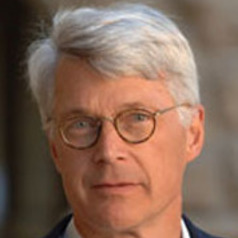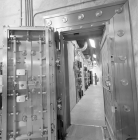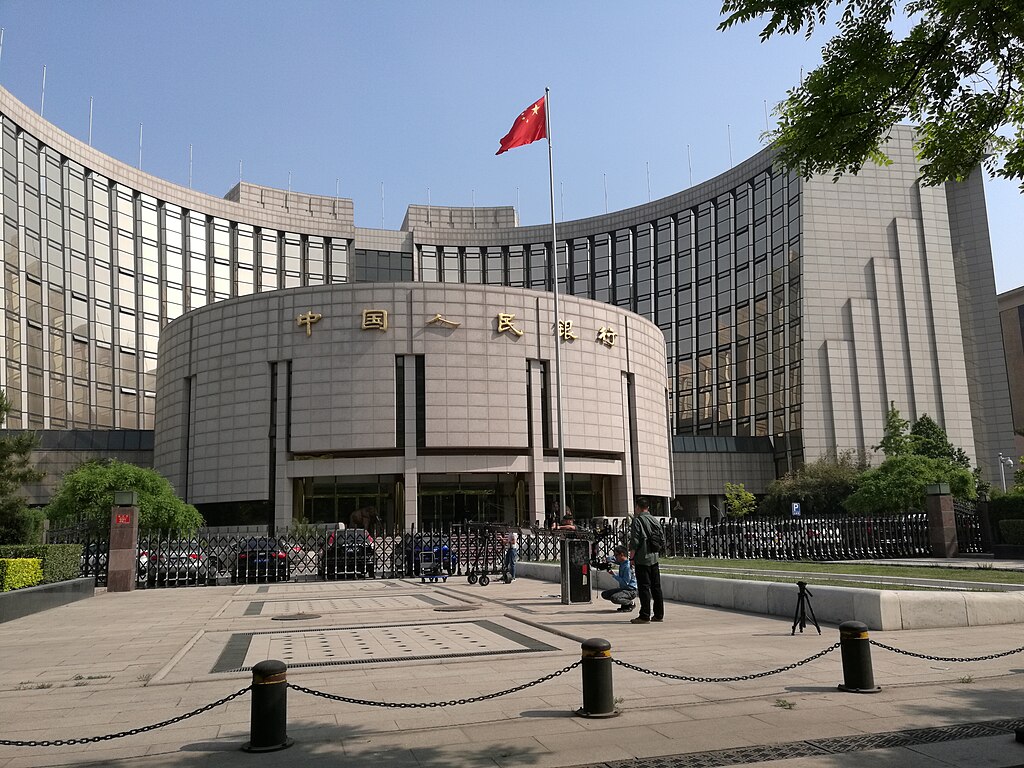
Scott D. Sagan
Professor of Political Science, Stanford University
Scott D. Sagan is the Caroline S.G. Munro Professor of Political Science, the Mimi and Peter Haas University Fellow in Undergraduate Education, and Senior Fellow at the Center for International Security and Cooperation and the Freeman Spogli Institute at Stanford University. He also serves as Project Chair for the American Academy of Arts and Sciences’ Initiative on New Dilemmas in Ethics, Technology, and War. Before joining the Stanford faculty, Sagan was a lecturer in the Department of Government at Harvard University. From 1984 to 1985, he served as special assistant to the director of the Organization of the Joint Chiefs of Staff in the Pentagon. Sagan has also served as a consultant to the office of the Secretary of Defense and at the Sandia National Laboratory and the Los Alamos National Laboratory.
Sagan is the author of Moving Targets: Nuclear Strategy and National Security (Princeton University Press, 1989); The Limits of Safety: Organizations, Accidents, and Nuclear Weapons (Princeton University Press, 1993); and, with co-author Kenneth N. Waltz, The Spread of Nuclear Weapons: An Enduring Debate (W.W. Norton, 2012). He is the co-editor of Planning the Unthinkable (Cornell University Press, 2000) with Peter R. Lavoy and James L. Wirtz; the editor of Inside Nuclear South Asia (Stanford University Press, 2009); co-editor of Learning from a Disaster: Improving Nuclear Safety and Security after Fukushima (Stanford University Press, 2016) with Edward D. Blandford; and co-editor of Insider Threats (Forthcoming, Cornell University Press, 2016) with Matthew Bunn.
Sagan is also the guest editor of a two-volume special issue of Daedalus, New Dilemmas in Ethics, Technology, and War (Fall 2016 and forthcoming Winter 2017); co-editor of a two-volume special issue of Daedalus, On the Global Nuclear Future (Fall 2009 and Winter 2010), with Steven E. Miller. Sagan’s recent publications include “A Call for Global Nuclear Disarmament” in Nature (July 2012); “Atomic Aversion: Experimental Evidence on Taboos, Traditions, and the Non-Use of Nuclear Weapons” with Daryl G. Press and Benjamin A. Valentino in the American Political Science Review (February 2013); and, with Matthew Bunn, the American Academy of Arts and Sciences occasional paper, “A Worst Practices Guide to Insider Threats: Lessons from Past Mistakes” (2014).
Sagan was the recipient of the National Academy of Sciences William and Katherine Estes Award in 2015, for his pioneering work addressing the risks of nuclear weapons and the causes of nuclear proliferation. The award, which is granted triennially, recognizes “research in any field of cognitive or behavioral science that advances understanding of issues relating to the risk of nuclear war.” In 2013, Sagan received the International Studies Association's International Security Studies Section Distinguished Scholar Award. He has also won four teaching awards: Stanford’s 1998-99 Dean’s Award for Distinguished Teaching; Stanford's 1996 Hoagland Prize for Undergraduate Teaching; the International Studies Association’s 2008 Innovative Teaching Award; and the Monterey Institute for International Studies’ Nonproliferation Education Award in 2009.

How governments and companies can prevent the next insider attack
Feb 22, 2017 04:59 am UTC| Insights & Views Technology
Now that they are in office, President Donald Trump and his team must protect the nation from many threats including from insiders. Insider threats could take many forms, such as the next Edward Snowden, who leaked...
- Market Data



































